Guard dogs play a vital role in home protection, valued for their alertness, loyalty, and instinct to protect their territory and family. However, not every breed is cut out for the job. Some dogs are simply too friendly, laid-back, or trusting of strangers to serve as effective protectors. These breeds tend to welcome guests rather than warn them off, making them better companions than sentinels.
Many of these dogs thrive as family pets, therapy animals, or emotional support companions, offering affection, calmness, and social charm instead of deterrence. Their personalities are rooted in a desire to befriend rather than confront, which, while wonderful in most settings, doesn’t lend itself well to guarding duties.
In this article, we’ll explore the top 10 dog breeds that are generally not suited for home protection. These dogs have their own strengths and endearing qualities, but guarding the house simply isn’t one of them. Understanding their temperament and tendencies can help future owners make informed decisions and find the right match for their needs—whether they’re looking for a watchdog or a devoted family friend.
10. Beagle
Beagles are spirited, curious dogs known for their incredible scent-tracking abilities and cheerful demeanor. Originally bred for hunting in packs, they are highly social animals that get along well with people and other dogs. While their sense of smell and vocal nature can make them excellent at alerting their owners to unfamiliar activity, their friendly personalities make them ill-suited for guarding roles.
Rather than acting defensively when a stranger approaches, a Beagle is more likely to wag its tail and investigate out of curiosity. Their natural instinct to explore often outweighs any inclination to protect. This, combined with their small stature and lack of territorial aggression, means they don’t present much of a deterrent to intruders.
Beagles do have a loud, distinctive baying voice, which can serve as a useful alert system. However, their bark is more likely to signal excitement than alarm. For those seeking a loving, energetic, and social companion, Beagles are a great choice—but when it comes to guarding the home, they’re better suited to sounding the alarm than standing watch.
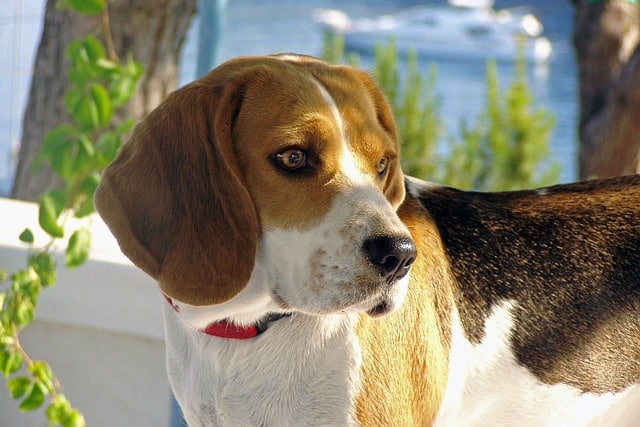
9. Basset Hound
The Basset Hound, easily recognized by its long ears, droopy face, and slow-moving gait, is a breed best known for its exceptional tracking ability and easygoing temperament—not for guarding the home. While they possess a keen nose that once made them valuable hunting companions, their protective instincts are minimal at best.
Basset Hounds are naturally gentle, affectionate, and welcoming. Their laid-back attitude makes them great with children and other pets, but it also means they’re unlikely to react with urgency or aggression when faced with unfamiliar people. Though they may let out a deep, resonant bark if someone approaches the house, they’re far more inclined to observe the situation from a cozy spot on the couch than take action.
Because of their sociable nature and tendency to bond with just about anyone, Basset Hounds are better suited for companionship than security. While they may offer a vocal heads-up, they are far from an intimidating presence, making them one of the least effective breeds when it comes to guarding your home.
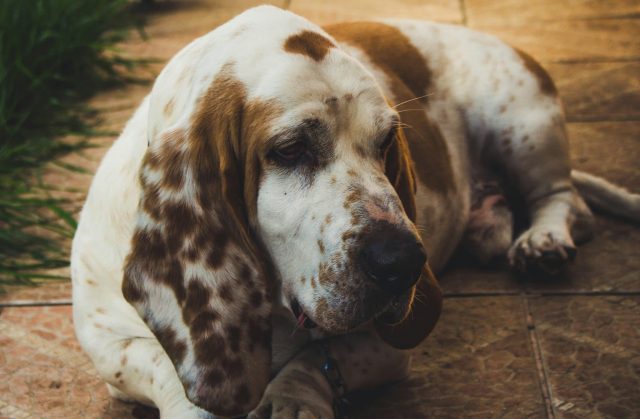
8. Cavalier King Charles Spaniel
The Cavalier King Charles Spaniel is a small, affectionate breed known for its friendly and gentle nature. These dogs are often described as “lap dogs” due to their love of cuddling and being close to their owners. While they are excellent companion animals, their friendly disposition makes them poor guard dogs. Cavalier King Charles Spaniels are generally welcoming to strangers and do not possess the protective instincts required to guard a home. They are more likely to seek attention and affection from visitors rather than act as a deterrent. Their small size and lack of aggression further diminish their effectiveness as guard dogs.
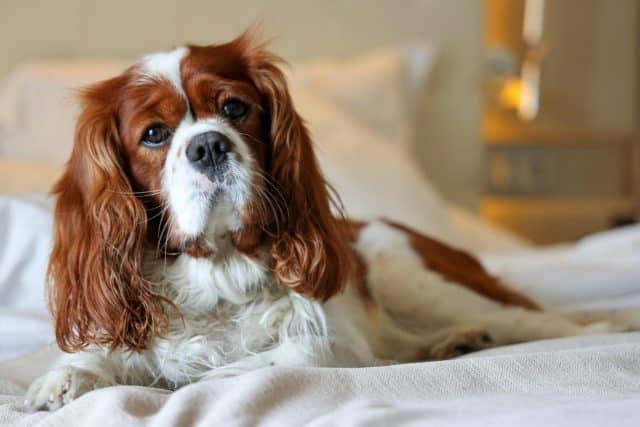
7. Shih Tzu
Shih Tzus are small, charming dogs known for their long, flowing coats and friendly personalities. Originating from China, these dogs were bred as companion animals for royalty and nobility. While they make excellent lap dogs and are known for their affectionate nature, Shih Tzus are not effective guard dogs. They are generally welcoming to strangers and lack the protective instincts required to guard a home. Shih Tzus are more likely to bark at the arrival of visitors but will quickly warm up to them, seeking attention and affection. Their small size and gentle disposition make them better suited for companionship rather than home security.
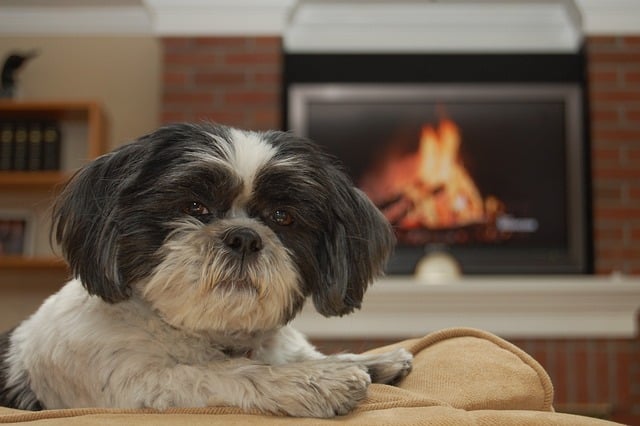
6. Labrador Retriever
Labrador Retrievers are one of the most popular dog breeds in the world, known for their friendly, outgoing, and gentle nature. These dogs excel in roles such as service dogs, therapy dogs, and family pets, but their lack of aggression makes them poor guard dogs. Labradors are known for their love of people and their friendly disposition towards strangers, making them more likely to greet visitors with enthusiasm rather than suspicion. They are highly intelligent and trainable but do not possess the natural guarding instincts required to protect a home. Their primary focus is on pleasing their owners and forming strong bonds with their families, rather than acting as protectors.
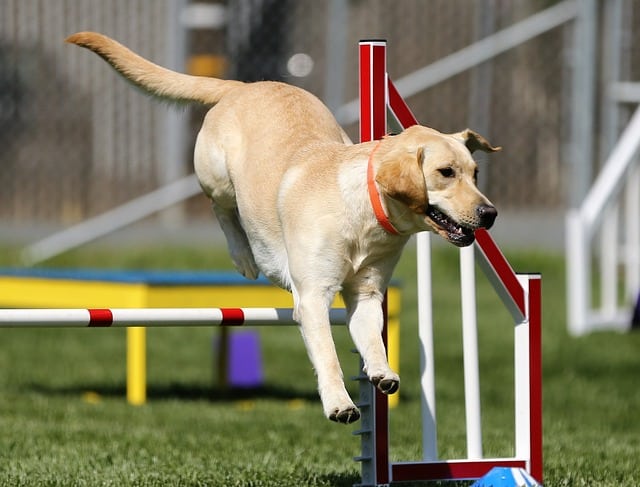
5. Golden Retriever
Golden Retrievers are renowned for their friendly, gentle, and sociable nature, making them excellent family pets and therapy dogs. However, these same qualities make them ineffective as guard dogs. Golden Retrievers are known for their love of people and their welcoming attitude towards strangers. They are more likely to greet visitors with wagging tails and friendly licks rather than acting as a deterrent. Their lack of aggression and natural guarding instincts means they are not suited for protecting a home. Golden Retrievers are highly trainable and intelligent, but their primary focus is on being affectionate companions rather than protectors.
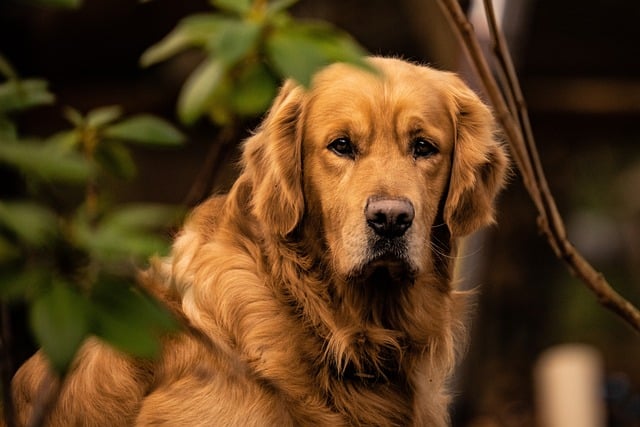
4. Pug
Pugs are small, charming dogs known for their distinctive wrinkled faces and friendly personalities. These dogs are often described as “clowns” due to their playful and affectionate nature. While they make excellent companion animals, Pugs are not effective guard dogs. They are generally welcoming to strangers and do not possess the protective instincts required to guard a home. Pugs are more likely to seek attention and affection from visitors rather than act as a deterrent. Their small size and lack of aggression further diminish their effectiveness as guard dogs, making them better suited for companionship rather than home security.
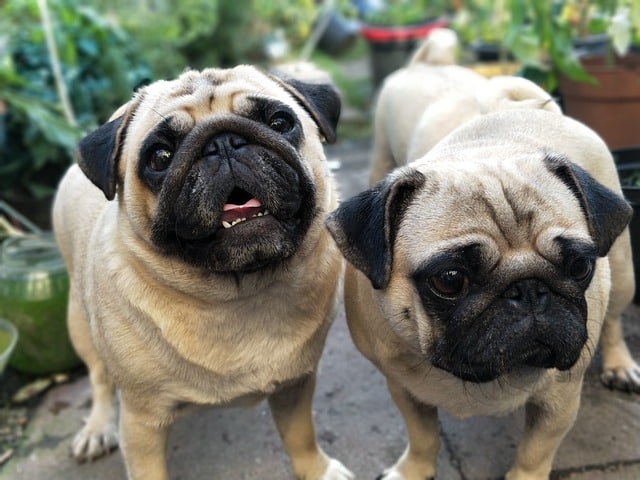
3. Bichon Frise
The Bichon Frise is a small, fluffy breed known for its cheerful and friendly disposition. These dogs are excellent companion animals and are often used as therapy dogs due to their gentle nature. However, their lack of protective instincts makes them poor guard dogs. Bichon Frises are generally welcoming to strangers and do not possess the aggression required to guard a home. They are more likely to bark at the arrival of visitors but will quickly warm up to them, seeking attention and affection. Their small size and gentle nature make them better suited for companionship rather than home security.
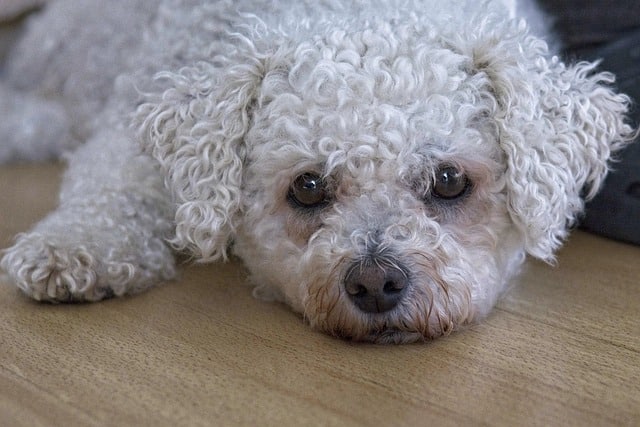
2. Irish Setter
Irish Setters are large, energetic dogs known for their friendly and outgoing personalities. These dogs are excellent family pets and are often used in hunting due to their keen sense of smell and tracking abilities. However, their lack of aggression makes them poor guard dogs. Irish Setters are generally welcoming to strangers and do not possess the protective instincts required to guard a home. They are more likely to greet visitors with enthusiasm and playfulness rather than suspicion. Their primary focus is on being affectionate companions rather than protectors, making them better suited for roles other than home security.
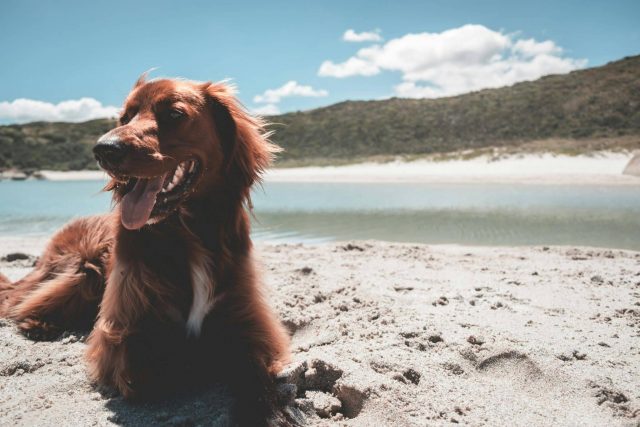
1. Newfoundland
Newfoundlands are large, gentle giants known for their calm and friendly nature. These dogs are excellent family pets and are often used in water rescue due to their strength and swimming abilities. However, their lack of aggression makes them poor guard dogs. Newfoundlands are generally welcoming to strangers and do not possess the protective instincts required to guard a home. They are more likely to greet visitors with a wagging tail and gentle demeanor rather than acting as a deterrent. Their primary focus is on being affectionate companions and helping with water rescues, rather than protecting a home.
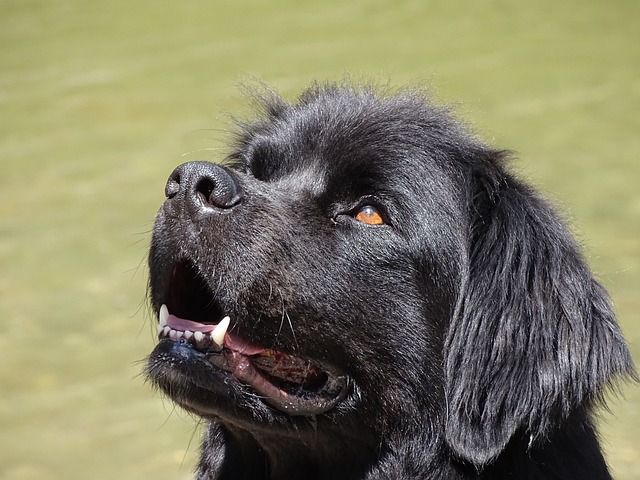
In summary, while many dog breeds are valued for their friendly, sociable, and gentle nature, these same qualities make them less effective as guard dogs. Breeds like the Basset Hound, Beagle, Cavalier King Charles Spaniel, Shih Tzu, Labrador Retriever, Golden Retriever, Pug, Bichon Frise, Irish Setter, and Newfoundland are better suited for companionship and other roles rather than home security. When choosing a dog for guarding purposes, it is important to consider breeds with natural protective instincts and a more territorial disposition. For those seeking a loyal and affectionate companion, these breeds offer excellent qualities and bring joy and love to their families, even if they are not the best at guarding the home.

 4 hours ago
2
4 hours ago
2


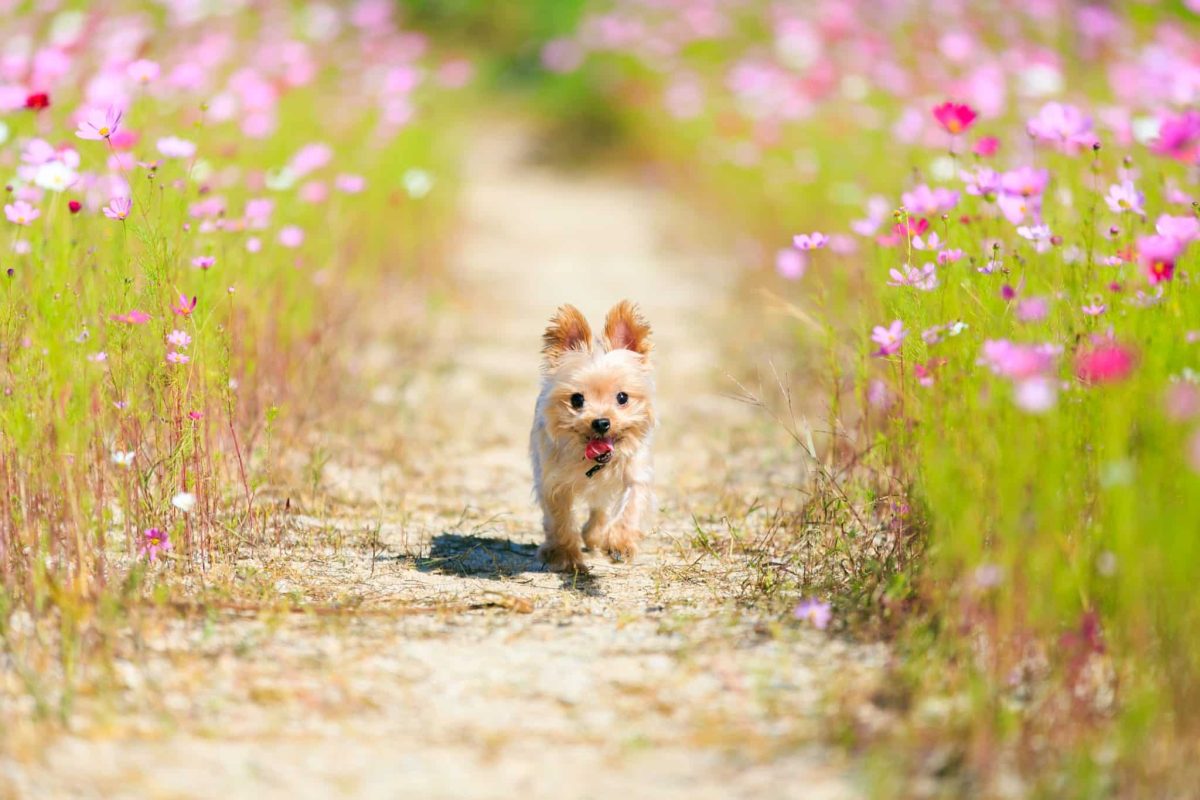


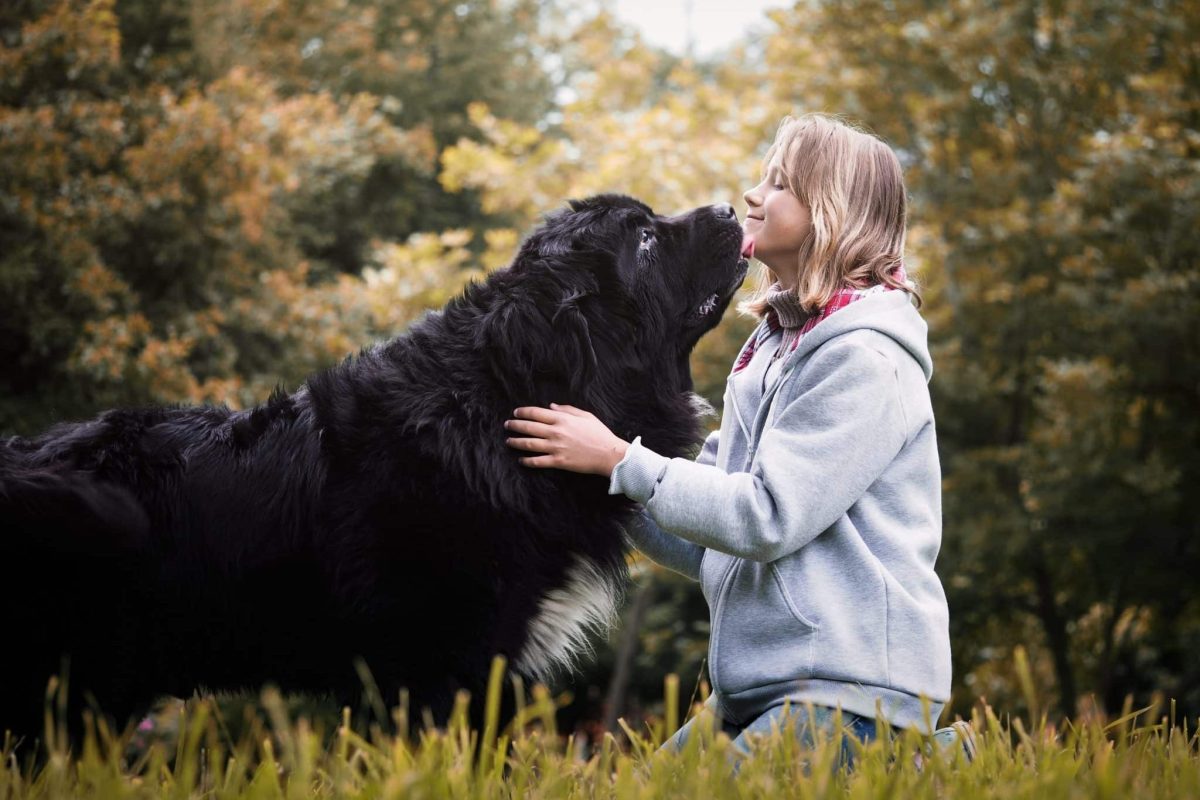

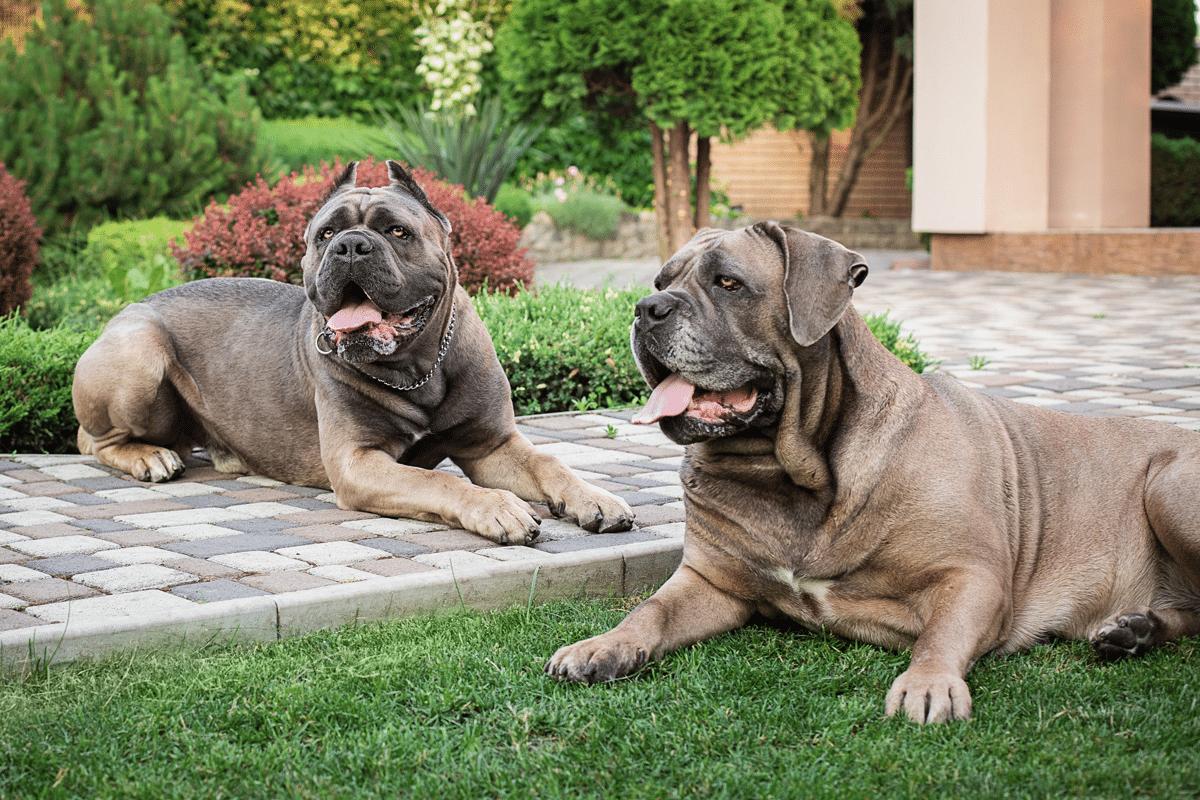
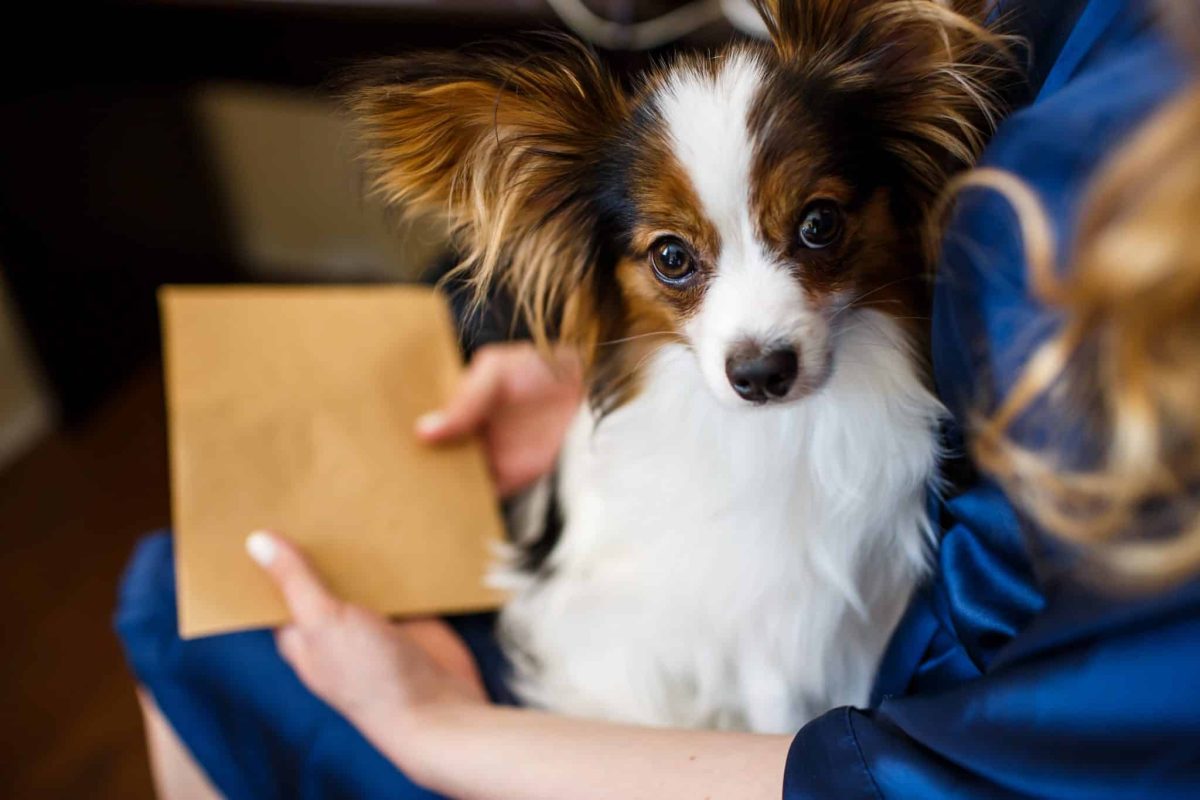









 English (US) ·
English (US) ·